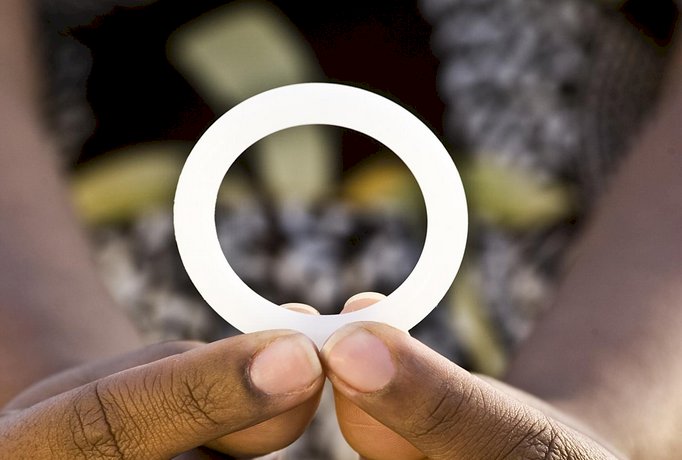
Dapivirine Ring: A Game-Changer For Women In Zimbabwe
Since the coming of HIV, prevention methods are negotiated and not user-controlled. The Dapivirine Vaginal Ring is coming as a game-changer especially to women as it is the first women-controlled HIV prevention method. The Dapivirine Vaginal Ring is an HIV prevention method that reduces the risk of HIV through vaginal sex. It is a silicone ring that a woman inserts in the vagina for monthly protection against HIV.
Women’s Voice
Nov 17, 2020 10:24
241
0
By Chiedza Mutyavaviri
Zimbabwe’s HIV prevalence rate is a cause for concern. On its 2019 report on, Trends on New HIV Infections UNAIDS states that Zimbabwe’s HIV prevalence rate stands at 12.8% and the highest in sub-Saharan Africa.
Speaking to journalists in a meeting, Pangaea Zimbabwe Aids Trust (PZAT) Senior Programmes Manager, Definite Nhamo stressed the need for the ring to pass all the necessary procedures for it to be available for use. “Zimbabwe’s high HIV incidence rate makes it essential to have the Dapivirine ring approved as a prevention option as it can reduce the tremendous HIV incidence.”
A 2019 UNAIDS report on Trends on new HIV infections states that an estimated 730 000 women were living with HIV in Zimbabwe and 19 000 women became HIV positive compared to 14 000 men.
The statistics entail that women have more risks of contracting HIV compared to men. This is because gender inequality makes it difficult to negotiate for condom use and more women encounter sexual abuse compared to men.
The ring can also reduce the budget figure needed to treat HIV as it is more expensive to treat than to prevent.
As HIV prevention is essential to the majority of women in Zimbabwe, the ring gives women the power to prevent themselves from HIV without having to negotiate with the other part during sex.
For women to use condoms for HIV prevention, they have to negotiate with their partners and most married women have difficulties convincing their partners to use condoms when they feel there is a need to, this has seen some women contracting HIV from their spouses. However, the Dapivirine ring allows women to discreetly insert the ring hence there will not be a need for negotiating protection.
A 2015 survey by the Zimbabwe Demographic and Health Survey shows that around 20% of married women have experienced physical or sexual violence from their partner.
The Dapivirine Ring is not yet approved by relevant authorities hence it is not yet available in the market, only advocacy is taking place while waiting for approval. The ring is much needed in the Zimbabwean society as the country has a high HIV rate to fight and it is high time women possess the power to protect themselves from HIV.











































